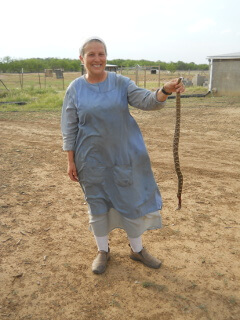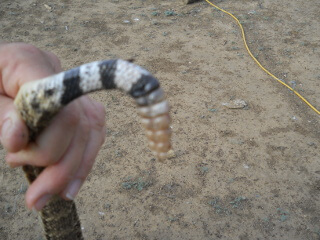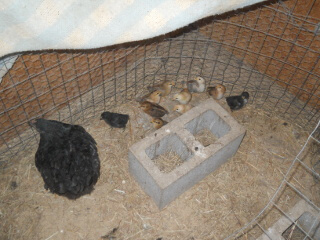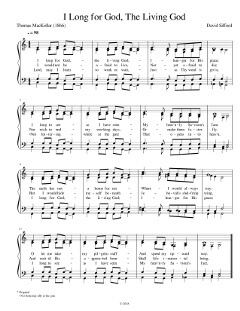If you’ve followed our blog at all, you might probably be aware that we have a YouTube page where we post all our videos.
What you might not know though is that we also live-stream our Lord’s Day fellowship times. Our prayer has always been that they might be a blessing to others perhaps in some way.
And so, we’re just mentioning it in case you weren’t aware, and to welcome anyone who might interested in joining us live. They are also saved on our YouTube channel so they can be viewed at a later time. The next ones are listed under the “Upcoming live streams” section.
Currently, we stream our Lord’s Day sermon and singing time starting at 2:30PM Central time, and then our holy reading time at 5:00PM Central time. Our meetings are very simple and plain, and the sermons/readings given by our elders are always Christ-based, and are usually writings from teachers of the past, like Puritan writers we appreciate, and often emphasize holy living and practical aspects of Christianity.
Lord willing, we should be wrapping up a series on the application on the live of Hezekiah in the first meeting time this Lord’s Day, and then we’re planning on starting a new holy reading from Thomas Manton on self denial, which I’ve personally been through twice already and really believe it should be required study for Christians.
During our acapella singing time, we sing from the psalter we use, and from a home-made hymnal. We have the chat on at this time too in case anyone is following along in the psalter and wants to request one during the request time, and we are happy to send anyone a photocopy of our hymnal too.
Here are the two streams from this past Lord’s Day, the first again from the Hezekiah series, and then the second finishing up a series on Christ’s eternal existence and the dignity of His person, from Thomas Manton. We also put streams that are a part of a series in playlists:
The internet does stutter some at times, but I believe at least the audio is generally steady, and quite frankly, I’m amazed it works as well as it does, given we’re out in the country connected to the tower in town wirelessly. 🙂
Anyway, we’re not trying to sell this to anyone, but I thought we’d put this out there in case someone would like to join us during these times.
We always pray God glorifies Himself through our lives in whatever way He may, and we pray we are good witnesses for Him, grow in His graces and image each day, and that we are of benefit to others in some way!
— David











